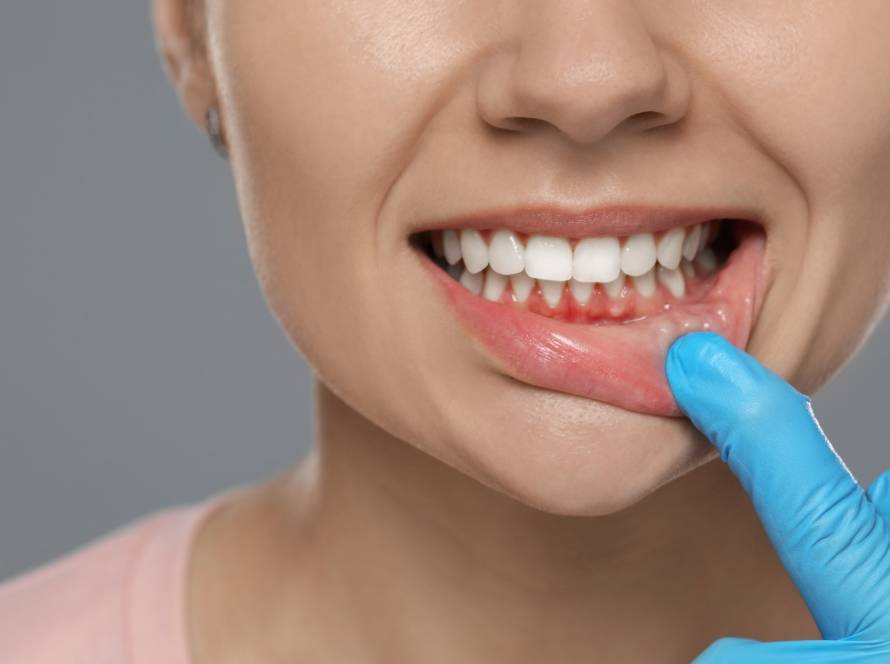Staying hydrated affects our bodies way beyond the reach and influence of what we see on our skin. About half the worlds population doesn’t drink enough water daily, which should be at least 1.5 liters.
Let’s dive into how good hydration helps us live longer, look at the science behind these findings and discover simple ways to stay well hydrated as we grow older.
Understanding cellular hydration
Water is the foundation of life and makes up approximately 60% of an adult’s body weight. This vital molecule arranges an intricate dance of life sustaining processes in our cells that affect how we age.
Waters role in cell function
Water does much more than act as a passive medium in our cells. It takes part in countless biochemical reactions we need to survive. Water molecules help enzyme catalysis and provide vital thermodynamic stabilization to biomolecules. Waters polar nature makes fundamental cellular functions possible, including cell membrane formation and DNA’s double helix structure maintenance.
Waters effects go beyond simple cellular operations. Scientists have found that how hydrated a cell is affects protein metabolism by a lot. When cells swell, it signals growth, while shrinking cells trigger breakdown processes and stop cell growth. Good hydration also lets nutrients reach cells easily and helps remove waste products.
Aging and cellular water loss
Our bodys relationship with water changes as we age. Studies show that we start with about 95% water content during the embryonic stage, which drops to 30% by our nineties. These changes affect how our cells work and age.
A cells hydration level affects how it handles different types of stress. Cells with enough water protect themselves better against heat and oxidative challenges. Dehydrated cells get damaged more easily when stressed.
Scientists believe age related water loss happens because ion transporters change, which throws off how cells control their volume. The kidneys suffer from this the most. People between 60-79 years show approximately 20% reduction in maximum urinary concentrating ability compared to younger adults.
The body’s defenses against dehydration weaken with age. Older people don’t feel as thirsty when they need water. This reduced thirst signal and declining kidney function create conditions that make dehydration more likely.
Early signs of dehydration
Your bodys health depends on spotting dehydration early, especially as you age.
Physical symptoms
Your body sends clear signals when water levels drop too low. Dark yellow, concentrated urine is one of the first signs that you’re dehydrated. You might notice less frequent bathroom trips along with a dry mouth and sunken eyes during the first stages of fluid loss.
The signs become clearer as dehydration gets worse. Your skin loses its bounce and starts looking dry and flaky. A quick pinch test on your arm or hand reveals your skins elasticity, if the pinched skin stays up instead of bouncing back, you need more fluids.
Your muscles might feel weak and crampy because of unbalanced electrolytes. Some peoples heart rate speeds up while their blood pressure drops.
Mental effects
New studies reveal surprising links between staying hydrated and how well your brain works. Just mild dehydration can substantially disrupt your mental performance. The research is clear, losing just 2% of your body water hurts your attention, coordination and short term memory.
Dehydration messes with your mood too. Studies show that people who usually drink enough water feel more anxious and less calm when they don’t get their normal intake. The good news is that drinking more water relates to feeling happier, whatever your previous habits were.
Long term health risks
Chronic dehydration leads to serious health problems if left unchecked:
- Kidney problems, from urinary tract infections to kidney stones and possible kidney failure;
- Heart and circulation issues that raise your risk of heat exhaustion and life threatening heatstroke;
- Brain complications, since wonky electrolyte levels can trigger seizures by disrupting cell communication.
The biggest concern comes from large studies suggesting that staying dehydrated over time might speed up aging and make you more likely to develop heart disease, heart failure and diabetes. Staying hydrated becomes vital as you get older, especially since aging reduces your natural thirst signals.
Hydrations impact on longevity
Science has found a strong link between drinking enough water and living longer. A newer study by the National Institutes of Health shows that people who stay well hydrated throughout their lives have lower risks of chronic diseases and tend to live longer.
Disease prevention benefits
People with serum sodium levels between 138-140 mEq/L have the lowest risk of developing chronic conditions. Serum sodium levels above 142 mEq/L are associated with increased risk of accelerated biological aging, chronic diseases and premature mortality. Levels above 144 mEq/L mean 21% bigger chance of die early.
Good hydration does more than just keep you alive. Research shows that people who drink enough water have:
- A lower risk of heart failure, stroke, atrial fibrillation and chronic lung disease;
- Lower chances of getting diabetes and dementia;
- Better mental health and less anxiety.
Organ system protection
The right amount of water protects many organ systems at once. Your heart pumps blood more easily through your body when you’re well hydrated. Waters protective effects show up in different parts of your body:
- Brain function: our brain works better when we drink enough water. Research confirms that mild dehydration impairs brain health, cognitive performance and mood;
- Kidney health: our kidneys need water to filter out toxins properly. This becomes more important as you get older because not drinking enough water raises your risk of kidney stones;
- Cellular protection: water can influence how DNA takes shape and interacts with other molecules;
- Joint and spinal health: drinking enough water helps cushion your spinal cord during daily activities. This protection matters more as you age and helps you stay mobile while lowering injury risks.
Water and longevity work together in many ways. The right amount of water supports vital processes in your body, from keeping blood sodium levels balanced to protecting cell DNA.
Building better hydration habits
Good hydration habits become more important as we age because our bodys ability to retain water decreases, our sense of thirst diminishes and proper hydration is essential for maintaining cognitive function, joint health and overall longevity.
Creating a hydration schedule
A well laid out hydration schedule helps keep your fluid levels balanced throughout the day. Your body responds best when you drink a glass of water right after waking up. You can add 720ml to your daily intake by drinking a glass of water before meals.
Regular eight hour workdays give you a chance to drink up to 1,920ml of water if you take hourly sips. The National Academy of Medicine suggests about 13 cups for men and 9 cups for women each day. All the same, these numbers are just guidelines since everyones needs differ based on how active they are and their local weather.
Choosing the right fluids
Plain water works best as your main hydration source, but other drinks help meet your daily fluid needs too. Food actually provides 20% of our total water intake, especially water rich foods like lettuce, leafy greens, cucumbers and berries.
Your fluid choices might include:
- Plain water for everyday activities;
- Drinks with electrolytes when exercising hard;
- Water with fruits or herbs to make it taste better.
Alcohol needs extra attention because it blocks anti diuretic hormone and makes you lose more fluids. You can reduce dehydration risks while drinking alcohol if you alternate with water and eat something first.
Using reminder systems
Todays technology offers quick ways to stay hydrated regularly. Smart hydration apps calculate your personal intake based on:
- Your weight;
- How active you are;
- Weather conditions;
- Health goals.
These apps send helpful reminders throughout the day, using motivational messages to keep you drinking water regularly.
Besides digital tools, simple tricks help build lasting hydration habits. A reusable water bottle in plain sight works as a visual reminder. Setting specific, measurable, attainable, realistic and time bound (SMART) goals for water intake boosts your success.
Water’s impact on aging goes right down to our cells. It helps protect our DNA and keeps our brain working well. Good hydration needs daily attention and smart planning. Every glass of water helps repair cells, protect organs and boost longevity. The right hydration habits today will help our bodies age naturally and stay healthier longer.
Read more about: Loneliness and aging


